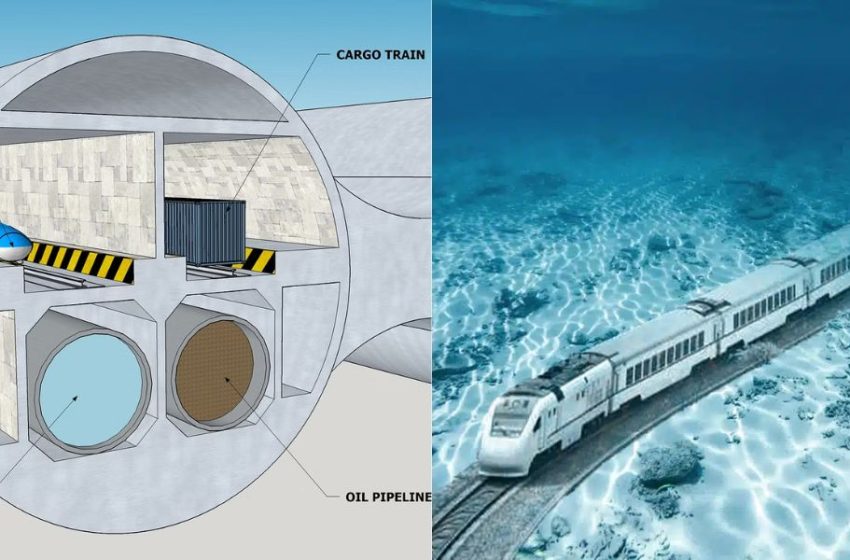Islamabad, Apr 8, 2025: The much-discussed underwater rail link between Dubai and Mumbai continues to remain in its preliminary idea phase, despite a recent wave of interest from Indian media outlets.
Abdulla Al Shehhi, who serves as the managing director of The National Advisor Bureau Limited, confirmed that the plan is still under feasibility assessment and has not been greenlit by authorities.
In a statement to Khaleej Times, Al Shehhi clarified that the innovative project is currently only a theoretical concept and is not yet close to becoming a reality.
First floated in 2018, the proposed subaquatic railway aims to revolutionize trade routes and ease passenger movement between the Middle East and South Asia.
Al Shehhi shared that the grand vision includes linking cities such as Muscat, Karachi, and others in the region—creating an integrated corridor that could serve nearly 1.5 billion people.
Read More: Pak Suzuki Clears Air on 2025 Suzuki Mehran Revival
If brought to life, the rail line would operate using advanced magnetic levitation (maglev) systems, potentially achieving high speeds of up to 1,000 kilometers per hour.
The train would glide through submerged concrete tunnels located approximately 20 to 30 meters below the ocean floor.
Beyond passenger and commercial travel, Al Shehhi hinted that the project may also facilitate the transfer of oil from the UAE to India, as well as the transport of freshwater sourced from India’s Narmada River back to the UAE—a concept aligned with regional sustainability goals.
The National Advisor Bureau, which has previously drawn headlines for visionary proposals like towing Antarctic icebergs to the Emirates, maintains that the undersea train idea remains a futuristic ambition. Significant diplomatic coordination and engineering breakthroughs would be required before such an initiative could ever come to fruition.
Though still on the drawing board, the project reflects the UAE’s forward-looking mindset and ambition to lead in global infrastructure innovation.
The concept, while currently hypothetical, could redefine intercontinental connectivity in the decades to come—placing the UAE and India at the center of a new era of transportation.









